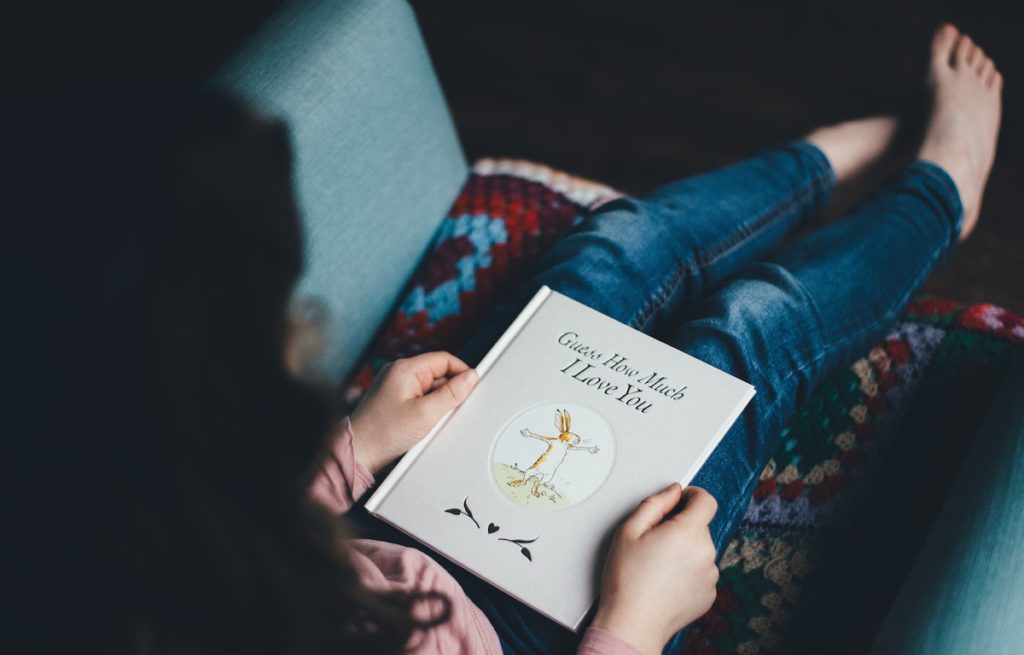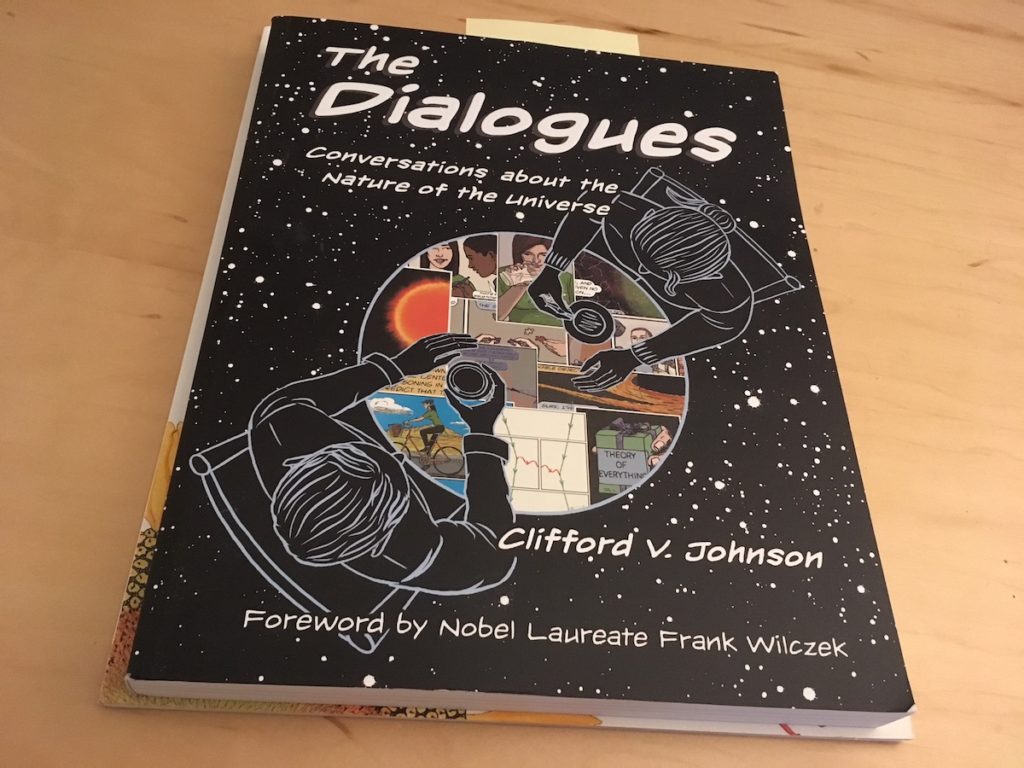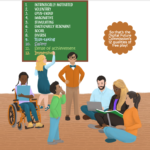
You won’t agree with me all the time, and that is as it should be. Like St. Thomas Aquinas, I look at disagreement as the place where ‘iron sharpens iron.’ That is my first goal for these letters: that they become a place where my best thoughts and yours will meet, sometimes clash, and in the process sharpen each other.
~Maryanne Wolf, Reader, Come Home
I’m halfway through the reading experiment mentioned in previous posts—reading Maryanne Wolf’s book Reader, Come Home. I’m reading it in my Kindle app library on my iPhone. If nothing else, the experiment has shown me how essential it is today to become more thoughtful and reflective about reading.
Here are a few things to ponder:
What’s your reading history?
How would you describe yourself as a reading child?
How would you describe yourself as a reading adult today?
What is one book or article you read deeply in the last two years?
What motivated you to read that particular piece?
I found myself reading in the betweens a few days ago…while standing waiting for the toaster oven, and while waiting for someone to join me (in a Zoom meeting) who never showed. Thank you to “No Show”—you gave me the gift of finishing Letter 1 [Maryanne Wolf uses letters instead of chapters].
I’ve been taking a very non-linear journey through the book. I started with Letter 3—I was pretty clear that I couldn’t get through the entire book in the 10 to 12 day experiment (and doubted in the beginning that I could get through it at all). I’d started the book when I bought it over a year ago, and stopped halfway through Letter 2. This time around, after completing Letter 3 on Deep Reading in the first few days of the experiment, I realized that I wanted to go back and reread Letters 1 and 2.
Here’s an excerpt from my notes on rereading Letter 1:
“…human beings were never born to read. The acquisition of literacy is one of the most important epigenetic achievements of Homo sapiens.” ~M.W.
Reading while standing on the fly in spare moments. One thing I notice is that having a reading goal…being purposeful in what I intend to read and when, is key. Because otherwise, there is so damn much.
An invitation: Keep a log this week of what, when, and how you read. Share what you notice with family, friends, me.

Conversational Technologies: I am making my way through an unusual book of conversations about science in graphical novel format, written by Clifford V. Johnson, Professor of Physics at the University of Southern California. Back cover copy says it is was selected as one of Science Friday’s Best Books of the Year. The book is published by MIT Press. I recommend it as inspiration for your conversational practice. I promise I’ll do a more thorough review in the future.


